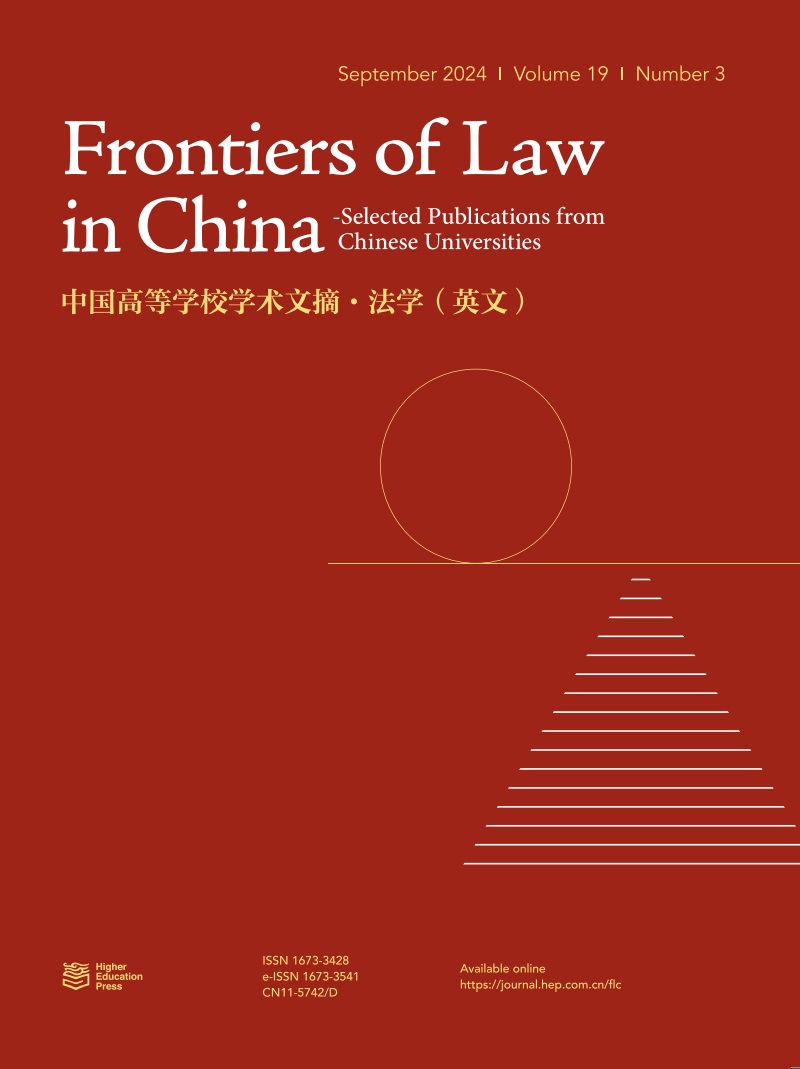葡萄牙代孕法——承诺与危险
IF 0.1
4区 社会学
Q4 LAW
引用次数: 0
摘要
经过多年的激烈辩论,2016年8月22日,葡萄牙《辅助生殖技术法》(ART)被修改,利他妊娠代孕在葡萄牙合法。尽管从那以后,这段旅程并不容易。葡萄牙宪法法院(2018年和2019年)两次被传唤,以分析代孕法律制度的法律条款。法官们的结论是,利他性代孕并不违反《葡萄牙宪法》,尽管法律解决办法和后来的修正案在某些条款中是违宪的。法官们认为,法律需要保障代孕母亲在孩子出生后后悔这一安排的权利。考虑到宪法法院的裁决,葡萄牙的代孕合同是不可强制执行的,在孩子出生后,代孕母亲可以撤销她的同意,成为孩子的合法母亲。议会于2021年对法律进行了相应的修改,尽管目前仍需对其进行监管。本文采用定性方法,包括法律和生物伦理分析以及文献综述,介绍了葡萄牙代孕法律解决方案的概述,并特别讨论了孩子出生后代孕的后悔权。结论是,葡萄牙关于代孕的法律还没有明确和必要的立场,说明在有争议的代孕合同中,如果代孕人后悔安排并在孩子出生后撤销她的同意,那么谁实际上是孩子的父母或母亲。本文章由计算机程序翻译,如有差异,请以英文原文为准。
The Portuguese law on Surrogacy – Promises and Perils
After years of intense debate, on August 22, 2016 the Portuguese Assisted Reproductive Technologies (ART) Law was altered, and altruistic gestational surrogacy was made legal in Portugal. Although the journey has not been easy since then. The Portuguese Constitutional Court was called twice (in 2018 and 2019) to analyse the legal provisions of the surrogacy legal regime. The judges concluded that altruistic surrogacy was not in violation of the Portuguese Constitution, although the legal solution, and later amendment, was, in some of its provisions, unconstitutional. The judges found that the law needed to guarantee the right of the surrogate to regret the arrangement after the child was born. Considering the rulings of the Constitutional Court, surrogacy contracts in Portugal are not enforceable and the surrogate can, after the child is born, revoke her consent and become the legal mother of the child. The Parliament altered the Law accordingly in 2021, although, for the time being, it is still to be regulated.
Using qualitative methods, including legal, and bioethical analyses and a review of literature, this paper introduces an overview of the Portuguese legal solution on surrogacy and discusses, in particular, the right to regret of the surrogate after the child is born. The conclusion is that the Portuguese law on surrogacy does not yet have a clear and needed position about who are, in fact, the parents or mother(s) of the child in contested surrogacy contracts if the surrogate regrets the arrangement and revokes her consent after the child is born.
求助全文
通过发布文献求助,成功后即可免费获取论文全文。
去求助
来源期刊

中国法学前沿
LAW-
CiteScore
0.20
自引率
0.00%
发文量
398
期刊介绍:
Frontiers of Law in China seeks to provide a forum for a broad blend of peer-reviewed academic papers of law studies, in order to promote communication and cooperation between jurists in China and abroad. It will reflect the substantial advances that are currently being made in Chinese universities in the field of law. Its coverage includes all main branches of law, such as jurisprudence, constitutional jurisprudence, science of civil and commercial law, science of economic law, science of environmental law, science of intellectual property, science of criminal justice, science of procedural law, science of administrative law, science of international law, science of legal history, science of history of legal thoughts, etc.
 求助内容:
求助内容: 应助结果提醒方式:
应助结果提醒方式:


